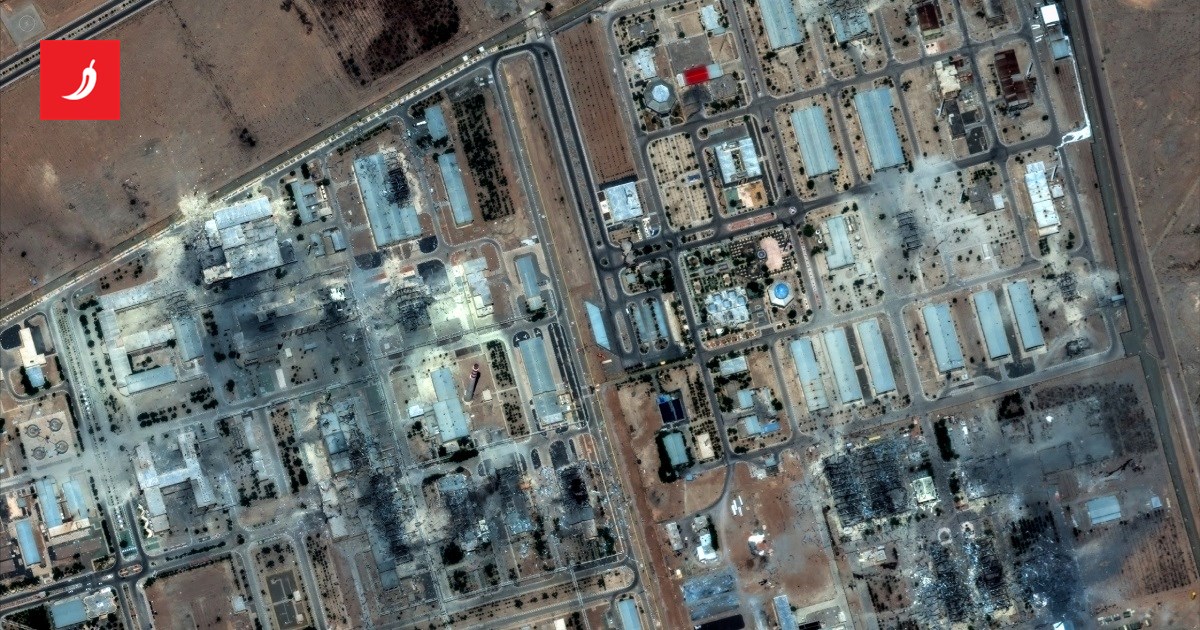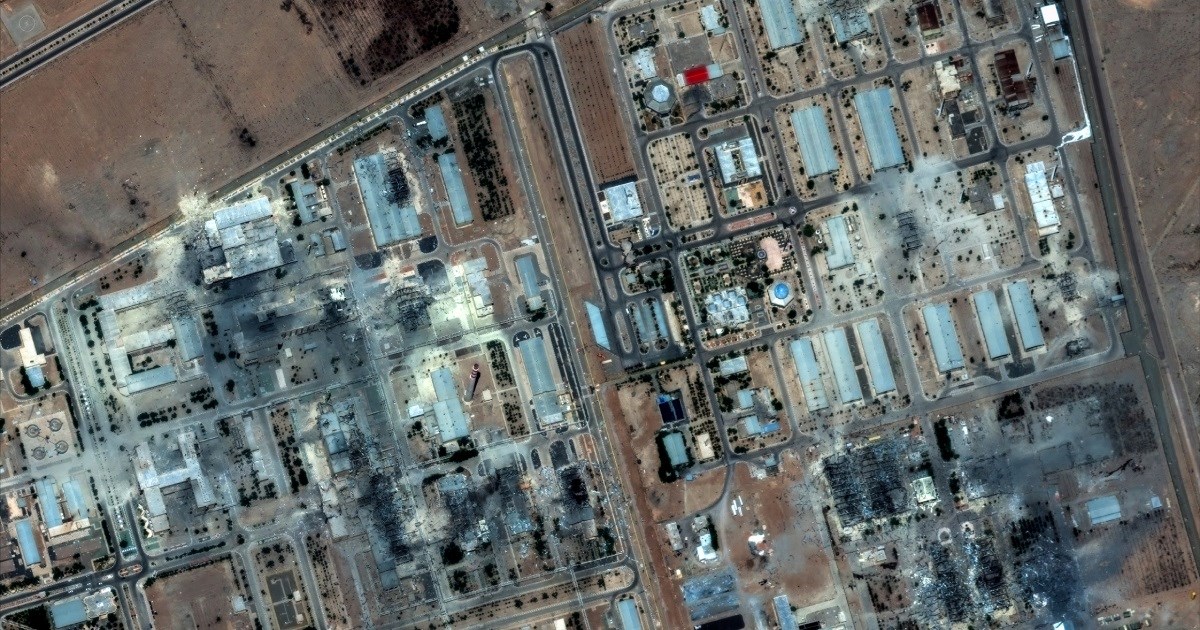Air War Madness: Israel and America Slam Iran’s Nuclear Program!
Is this the end of Iran’s nuclear dreams or just another episode in the never-ending saga? Senior Israeli military intelligence officials claim their joint Israeli-American airstrikes have dealt “systematic, heavy, wide, and deep” damage to Iran’s nuclear program, setting it back years. But hold your horses — American assessments say it’s not quite that dramatic.
What Went Down?
It all kicked off on June 13 when Israel launched a surprise airstrike on multiple Iranian nuclear military targets. Prime Minister Netanyahu made it crystal clear: the goal was to stop Iran from developing nuclear weapons anytime soon. Iran insists their program is purely peaceful, but in response, they fired a wave of rockets and drones into Israeli territory.
This sparked a fiery escalation with days of back-and-forth strikes. The U.S. military jumped in on June 21 with an operation dubbed “Midnight Hammer,” bombing three key Iranian nuclear sites: Fordow, Natanz, and Isfahan.
Bunker Busters and Deep Targets
For the first time ever, the Pentagon used bunker-buster bombs designed to penetrate underground targets, hitting the deeply buried Fordow facility — a linchpin in Iran’s nuclear ambitions. These strikes were coordinated as a direct response to Iranian rocket attacks.
How Bad Is the Damage?
Israeli officials boast the strikes caused damage that will set Iran’s program back years. But U.S. intelligence is more cautious, saying the attacks delayed the program by months, not years. Key components in underground facilities remained intact, and some enriched uranium and equipment were moved before the strikes.
The International Atomic Energy Agency (IAEA) says the damage is significant, especially at Natanz, and large craters were found at Fordow, but the full extent of underground damage is still unclear.
The Human Cost: Hundreds Dead, Civilians Included
The strikes resulted in hundreds of deaths, including significant civilian casualties in Iran — emergency workers and prison staff among them. This conflict marks the most dangerous escalation in Israel-Iran relations history. After 12 days of intense fighting, a U.S.-brokered ceasefire was reached, but both sides warned they’d break it if the other strikes first.
What Now?
Iran threatens retaliation and warns of a wider regional war. Israel insists the strikes were necessary to prevent Iran from going nuclear. The U.S. involvement and use of cutting-edge bombs show just how serious this is.
Bottom Line
Is this truly systematic damage that will halt Iran’s nuclear program, or just another round in a costly, bloody, and unresolved conflict? One thing’s for sure — this war isn’t over. What do you think? Is this the beginning of the end for Iran’s nuclear dreams or just another episode in an endless war? Drop your thoughts below — let’s see who’s got the hottest take!








































